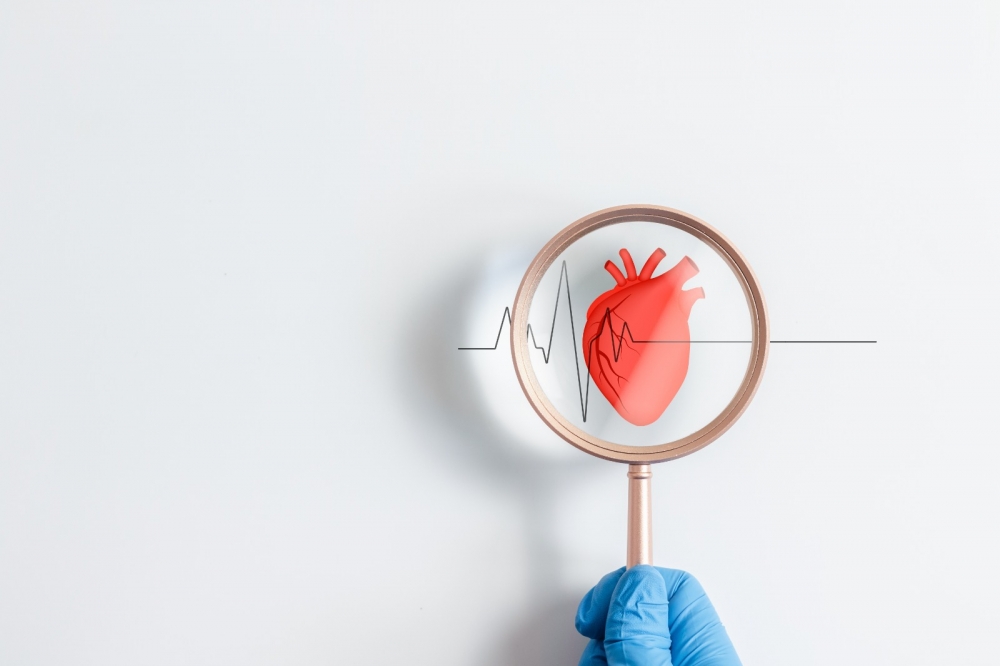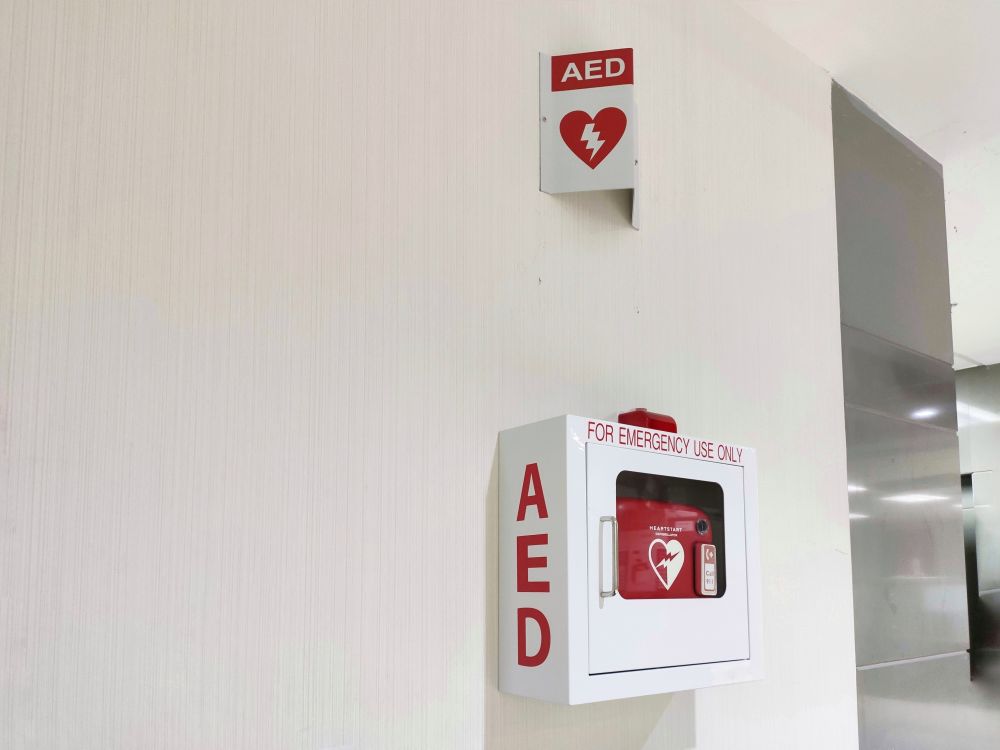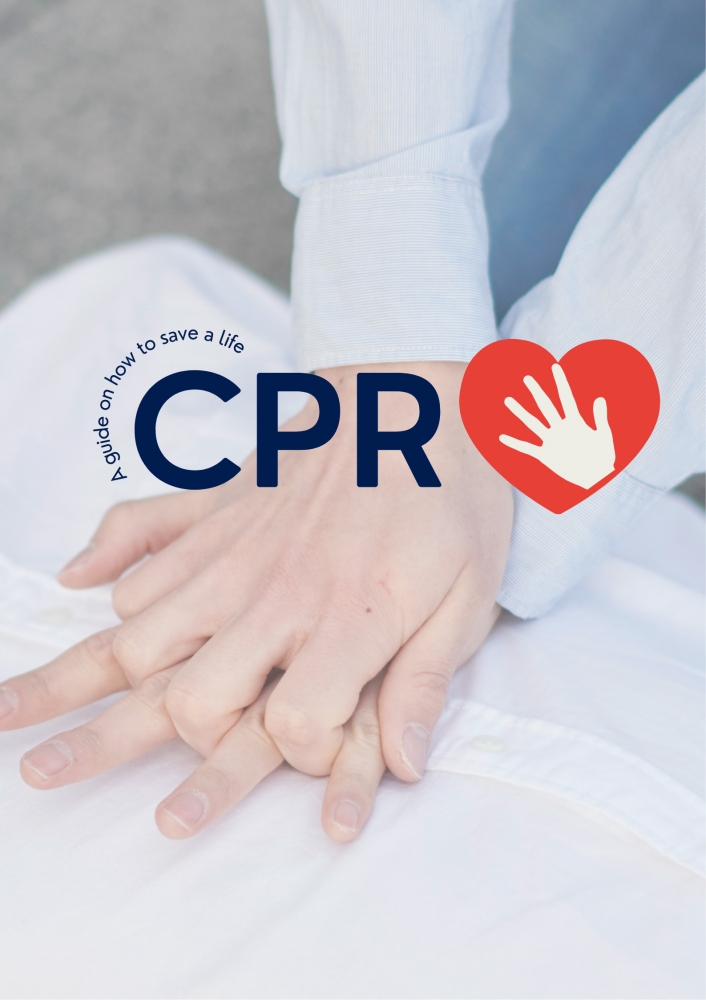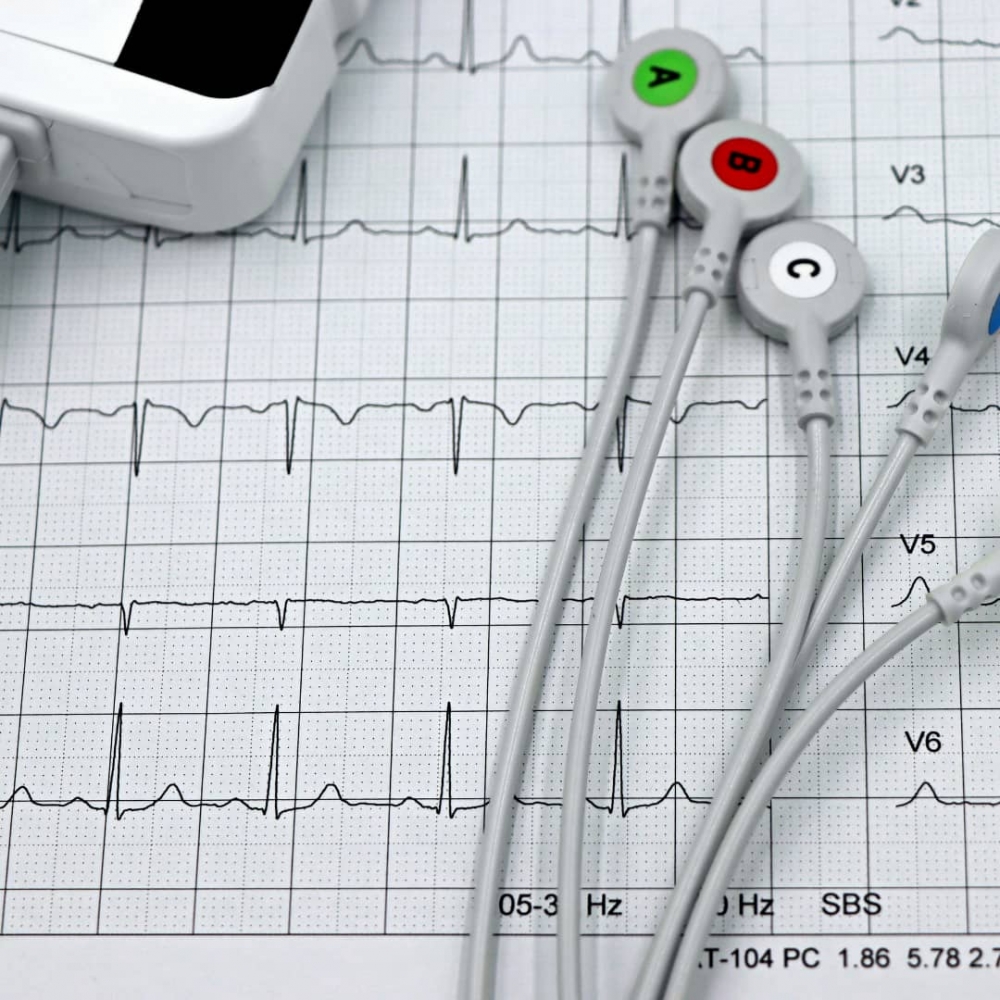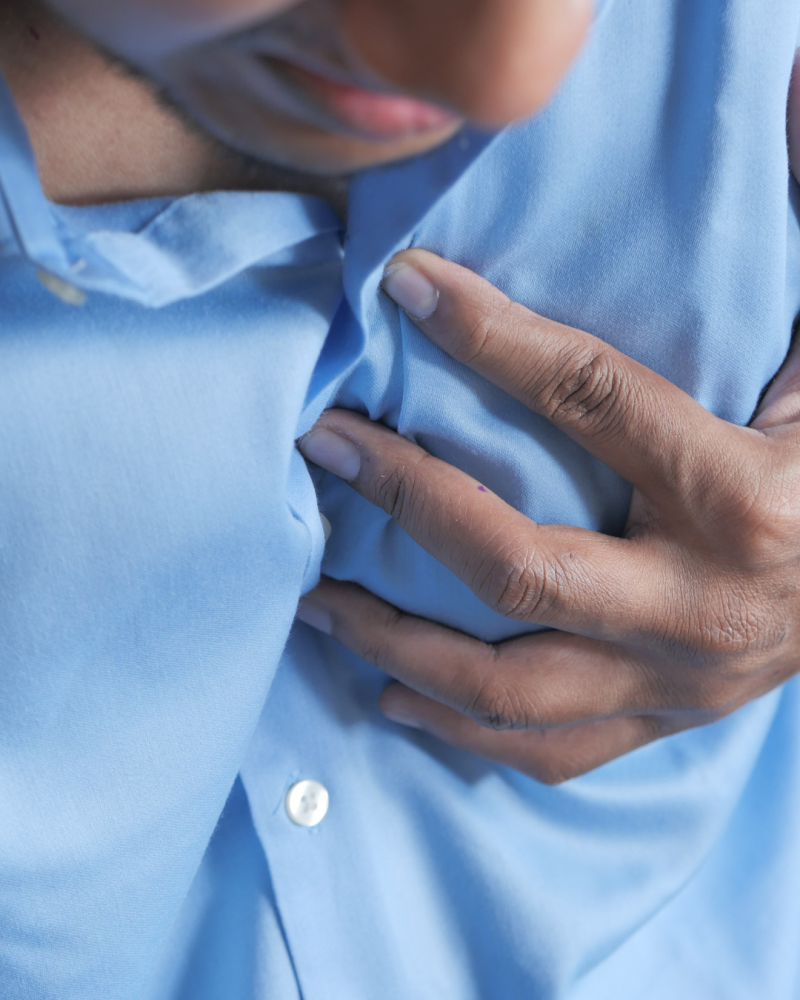Breast cancer: know your risk and take action
ACCORDING to the Malaysia National Cancer Registry Report (2012-2016), there has been a rise in cancer cases in recent years, with breast cancer topping the chart of the ten most common cancers in the country.
Another concerning statistic from the report reveals that the number of cancer cases at stages 3 and 4 have risen from 58.7 per cent (2007-2011) to 63.7 per cent (2012-2016).
Some patients have their cancer detected much later because they delay going to the hospital and decide to take treatment into their own hands, often by relying on supplements and self-medication, or even avoiding treatment altogether.
This shows there is still stigma surrounding a cancer diagnosis, as these patients may worry about job security or fear being regarded and treated differently, which can prevent them from taking proper action to address their condition.
Early detection and early treatment can provide patients with more options and be in greater control of what they choose to go through. Patients should communicate regularly with their consulting doctors to find out the best route of treatment for their particular condition to ensure the best quality of life for themselves.
Sunway Medical Centre Velocity's (SMCV) consultant oncologist Dr Hafizah Zaharah Ahmad says that multidisciplinary efforts are essential in cancer treatment, which require a team of specialists working together to provide the best treatment.
"For breast cancer, the treatment requires a breast surgeon, oncologist, radiologist, oncology nurse and physiotherapy. The treatment depends on the type of breast cancer, the stage and the condition of the patient." Usually, a patient will need a combination of treatments that may consist of surgery, chemotherapy, hormonal therapy, targeted therapy or radiation therapy.

SMCV's consultant breast and endocrine surgeon, Dr Suziah Mokhtar
adds that all conventional treatment methods, particularly for breast cancer are based on a multi-modality approach and treatment is always individualised.
"Definitive treatment is only decided after extensive discussion and counselling of the patient and her family members. It is important for patients to seek early treatment instead of relying on supplements that may aggravate the condition. Constant communication with doctors and setting goals the patient wants to achieve with treatment is equally important to ensure they receive care that is fitting for their condition."

EARLY SIGNS
Early detection is an important aspect in treating all cancers and it's the same with breast cancer.
Dr Suziah stresses that it is important for women to check their breasts regularly to detect anything unusual as women would know how their breasts normally look and feel.
However, one should also remember to check the whole breast area, including the upper chest and armpits.
Some common warning signs include lumps, changes in the size or shape of the breast and dimpling of the skin on the breast.
Changes in the nipple (pulls inward), unusual nipple discharge, pain or tenderness should also be looked into.
Dr Hafizah says there are several risk factors for developing breast cancer that are unavoidable, such as increasing age, family history of breast or ovarian cancer, reproductive factors, and genetic mutation (such as BRCA1 and BRCA2).
However, there are also certain external lifestyle factors such as dietary factors (food rich in animal fats), a high consumption of alcohol (more than two drinks per day) and consumption of medicines containing hormones.
As a result women need to be more aware of their lifestyle habits, which include incorporating a healthy, balanced diet, carrying out regular exercise and being cautious about the effects of consuming certain medications.

Suggest to Read
